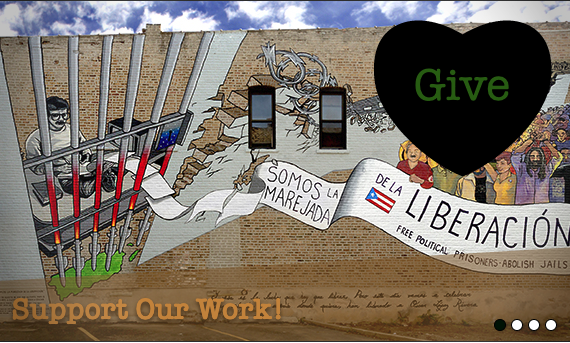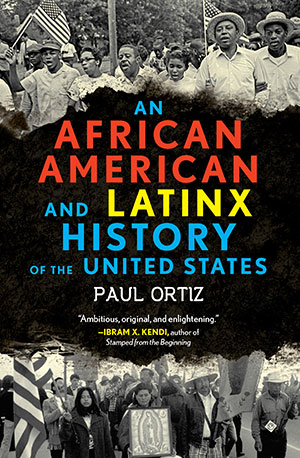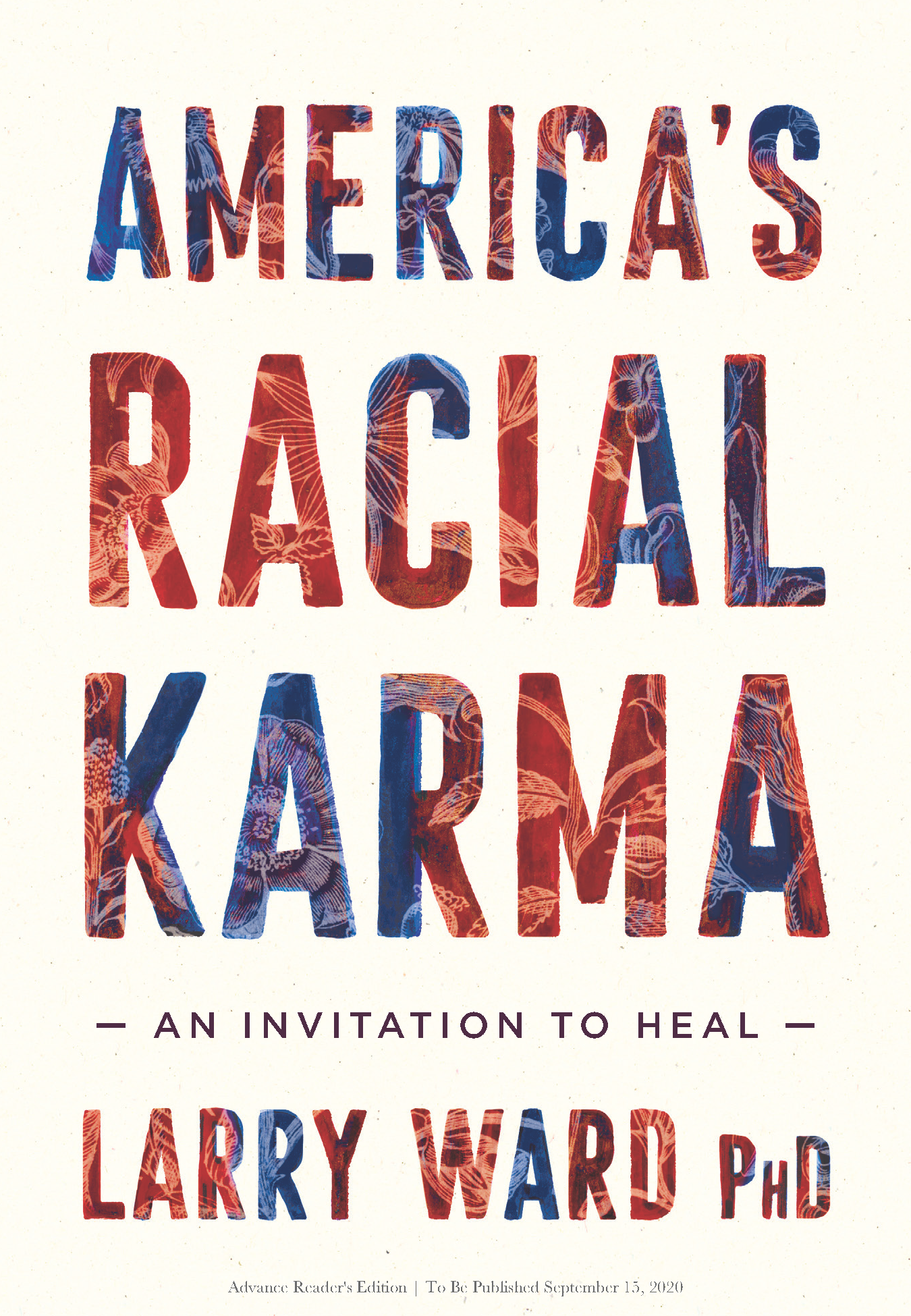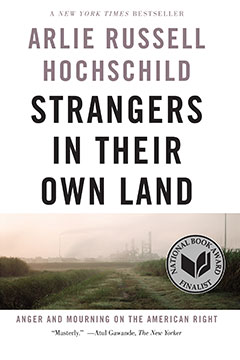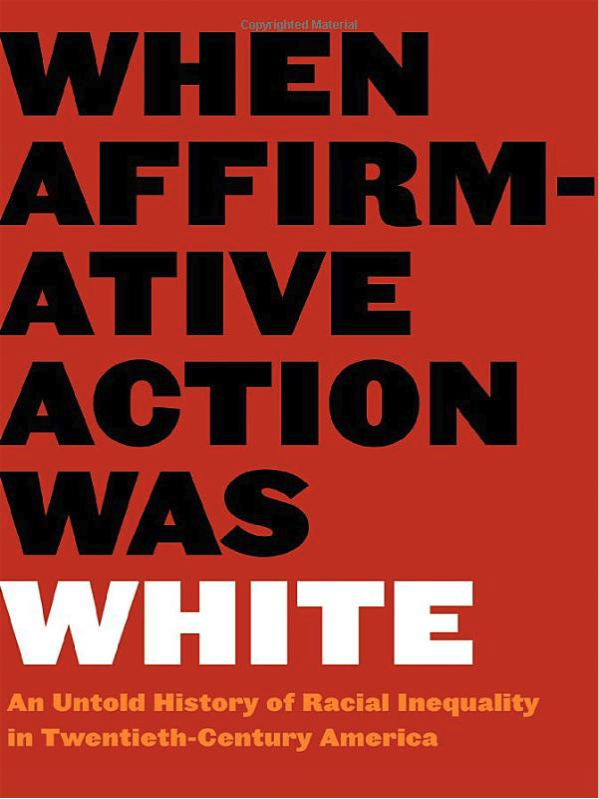How Colonial Violence Came Home: The Ugly Truth of the First World War
The “Great War” is often depicted as an unexpected catastrophe, in particular for Europeans. But for millions living under imperialist European rule, terror and degradation were nothing new. Faced with manpower shortages, British imperialists had recruited up to . million Indian soldiers. France enlisted nearly , troops from its colonies in Africa and Indochina. Nearly , African Americans were also inducted into US forces. The first world war’s truly unknown soldiers are these non-white combatants.




